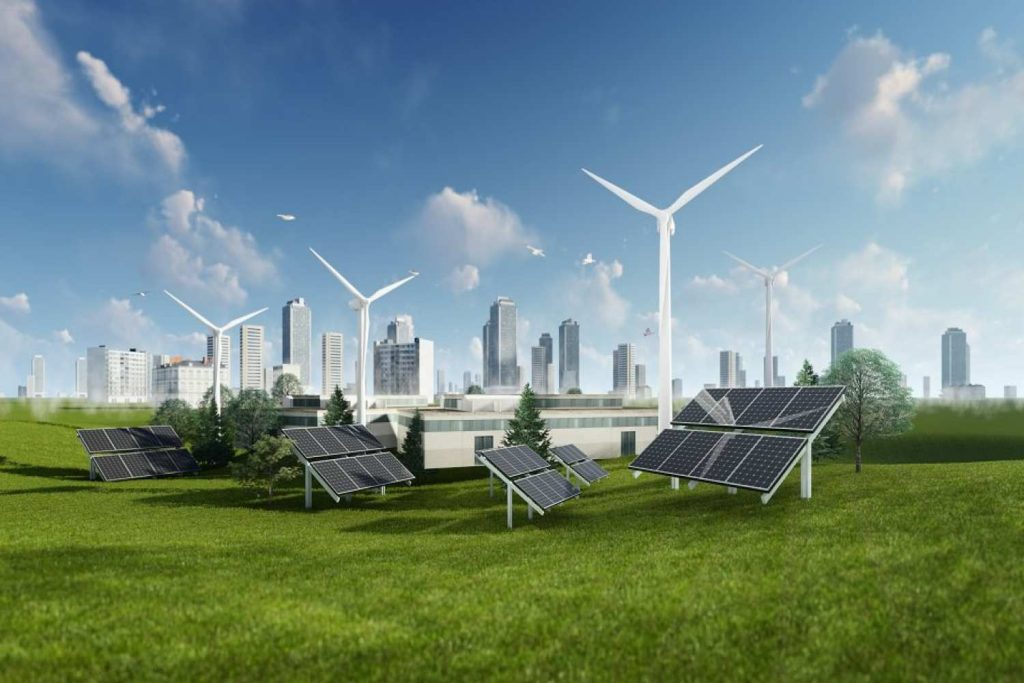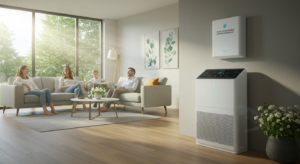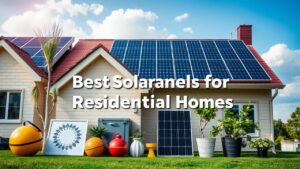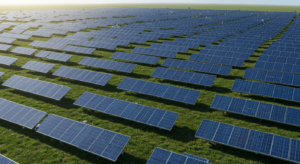Urban areas are the beating heart of energy consumption, with growing demands for efficient, clean, and renewable energy sources. The integration of renewable energy in urban planning is no longer an option but a necessity for sustainable urban development. From harnessing solar energy to integrating wind power, cities worldwide are transforming the urban energy landscape. This article explores how urban planners and city authorities are incorporating alternative energy into urban planning for a renewable energy future.

Renewable Energy in the Urban Context:
- The Impact of Urban Planning on Energy Use: Energy consumption in cities is on the rise. The relationship between urban planning, density, and energy is complex but offers significant opportunities for reducing energy consumption through renewable energy sources.
- Solar Energy and Urban Planning: Integrating solar energy considerations into urban planning is vital. Whether through solar panels or specific designs, the potential of solar energy in urban areas is immense.
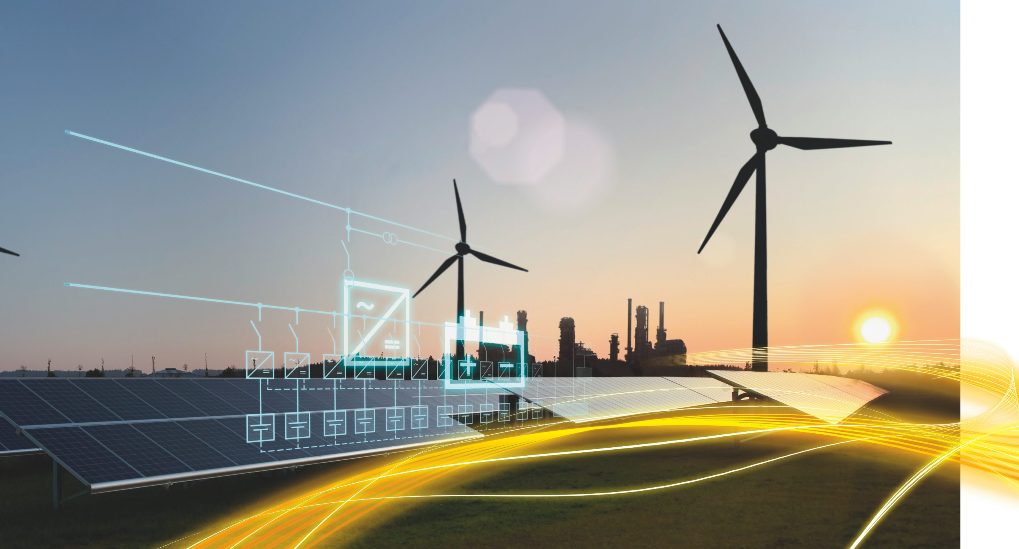
Technologies & Implementation of Renewable Energy:
- Energy Technologies for Sustainable Cities: From wind turbines to solar farms, renewable energies are reshaping the urban energy system, leading to lower energy costs and cleaner environments.
- Positive Energy Districts: Creating positive energy districts where energy generation exceeds consumption shows that urban areas can become self-sufficient in terms of energy.
Urban Morphology and Building Design:
- Building Energy Efficiency through Renewable Technologies: The design process must involve incorporating renewable energy technologies for heating, cooling, and power, enhancing the energy performance of the buildings.
- The Relationship Between Urban Morphology and Energy: Urban morphology and building design can be optimized to capture energy from the sun and wind, contributing to renewable energy production.
Urban Planners and City Collaboration:
- Integrating Renewable Energy Considerations into Urban Planning: Urban planners and city authorities must work together to integrate renewable energy technologies within the energy system. Traditional urban planning must evolve to include these new paradigms.
- Urban Energy Planning in Different Regions: The approach to urban planning in various regions must be customized to leverage the renewable energy potential specific to that area, such as wind in coastal cities or solar in sun-rich regions.
Challenges and Opportunities:
- Cost of Energy and Implementation Challenges: While renewable technologies offer long-term savings, the initial cost and integration challenges must be addressed through careful planning and policy support.
- Opportunities for Solar Urban Planning: Solar energy is one of the most promising avenues for urban energy planning. The sun’s energy, coupled with efficient urban design, can meet a significant part of the energy demand in urban areas.
Looking Ahead: The Renewable Energy Future of Cities:
- Energy Transition and the Future of Urban Areas: The transition to renewable energy sources is essential for the energy future of cities. Urban areas must embrace the renewable energy wave to ensure sustainability and resilience.
- Environmental Impact of Urban Renewable Energy: Embracing renewable energy not only ensures energy supply but also significantly reduces the environmental impact of urban energy consumption, fostering truly sustainable cities.
Conclusion:
Integrating renewable energy sources in urban design is a complex but rewarding endeavor. From solar energy considerations to the intricate relationship between urban form and energy efficiency, the move towards renewable energy in cities is a critical aspect of sustainable urban development. By harnessing energy from renewable sources like the sun and wind, urban planners and city authorities are crafting an energy-efficient, cost-effective, and sustainable path for urban areas. The synergy of urban planning with renewable energy is not just a trend; it’s a comprehensive transformation that will define our urban landscapes for generations to come.

